The Millenium For Gamers
Key events of the last thousand years!
As we approach a major decimal roll-over on a purely arbritary calendar, EuroGamer uses the excuse to take a look back at the last millenium from a gamer's point of view.
Of course, the history of computer gaming is pretty barren for the first 970 odd years, so we will be concentrating mostly on the last three decades as we pick out the most significant developments in the history of computer games...
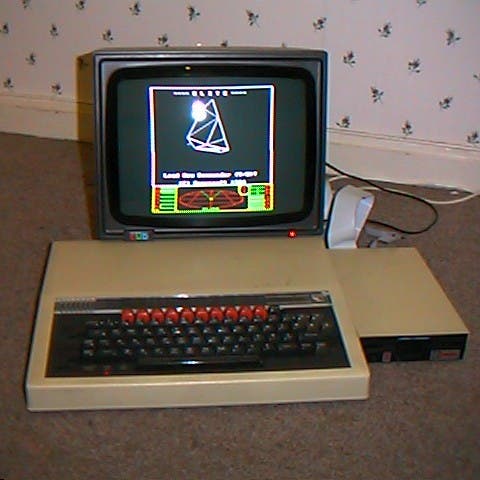
Home Computers
I'm happy to say that here at EuroGamer we are all too young to clearly remember the birth of computer gaming, but back in the early days the only ways to play a computer game were to visit your local arcade, to buy an expensive cabinet that could only run a single game, or to hijack some of the processing power of the Unix server stored in the basement of your local university.
The early home computers such as the Spectrum, Commodore 64, and BBC Micro created the computer gaming industry as we know it today, and unleashed classic games like Elite, Chuckie Egg, Space Invaders and PacMan on families around the world.
The 1980s were an exciting (if somewhat confusing) time, with a wide range of bizarre games clearly designed by developers under the influence of something rather more potent than caffeine, and several popular home computer systems to choose from - BBC, Spectrum, Commodore, Archimedes, PC, Amiga, Macintosh, Atari ST...
By the early 1990s though the PC had emerged triumphant, and most of the other formats were dead or dying. On the bright side, this left all the developers who could make the transition to develop games for a single dominant platform...
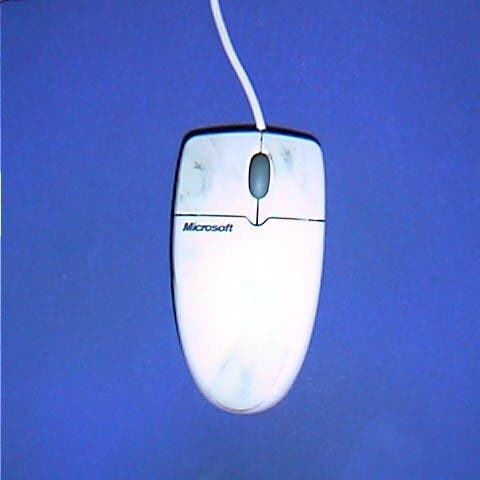
The Mouse
Where would gamers be without the humble mouse? Whether you are playing a strategy game or a first person shooter, the mouse or one of its fellow rodents is an essential piece of equipment.
Since its birth the mouse has mutated, sprouted wheels and thumb buttons, replaced the ball with optical sensors, added go faster stripes and bizarre "styling", and turned itself inside out to form the trackball.
But at the end of the day, unless you're a hardcore flight sim or driving fanatic, the chances are you use the mouse or one of its many variations for your gaming needs.
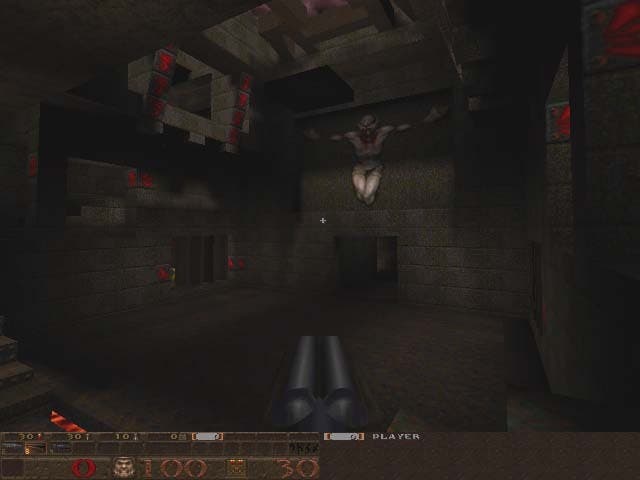
3D Graphics Accelerators
Who would have thought back in the days of Space Invaders and Pong that one day computer graphics would be virtually indistinguishable from real life?
The introduction of 3dfx's Voodoo graphics card just a few years ago brought useful 3D acceleration to the masses for the first time. Hundreds of thousands of gamers around the world bought one of these cards, if only to play GLQuake, the real "killer app" for 3D accelerators at the time.
I still remember the awe I felt when I first booted up GLQuake after installing my first 3dfx card, admiring the bilinear filtered graphics, and the fact that I could now play Quake at an incredible 640x480 resolution at the stunning speed of 20 frames per second!
Since then the day of the add-in 3D accelerator have ended, and now 3D graphics functions of some sort are built into almost every new video card you can buy. Advanced features like hardware T&L acceleration, texture compression, bump-mapping, anti-aliasing, and environment mapping will make the visual quality of future games even more impressive.
In fact 3dfx and their successors have largely killed 2D gaming in the last few years. First person shooters and flight sims were the first games to take advantage of 3D acceleration, but today adventure, real time strategy, and even good old fashioned turn based wargames are turning to 3D.
Will there be any 2D games a few years from now?
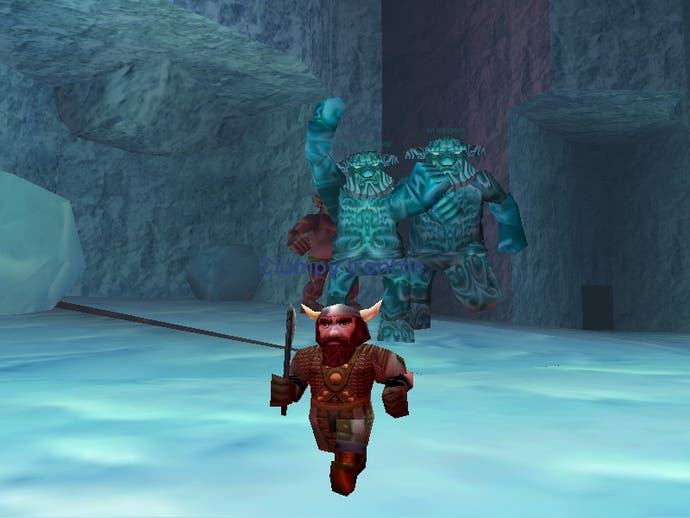
Multiplayer Gaming
Last, and most certainly not least, we come to the internet. In just the last few years it has gone from something that only geeks and work-shy students knew anything about to something that you can't escape from.
If you had said "http://www..." to somebody in 1995 they would have thought you were mad. Today every advert, food carton and CD has a website address scrawled across it.
As Peter points out, "where would we all be without the net and multiplayer gaming?" Here at EuroGamer we would all be looking for a different job for a start!
Multiplayer gaming has been one of the biggest revolutions of the last few years, growing from the primitive modem to modem capabilities of games like Doom to massively multiplayer fantasy worlds like Everquest, which are a second home to thousands of players from across the world.
"Online gaming has changed the direction of gaming and opened the market up to people who would not normally play games actively," according to Jay.
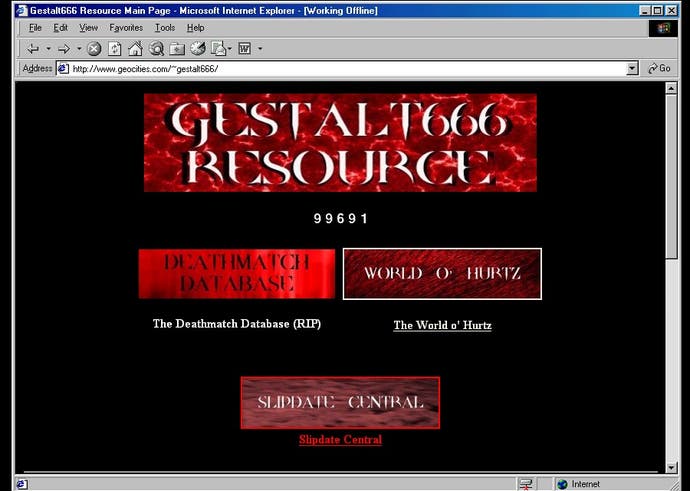
The Internet
The internet's influence doesn't end there though. It has brought the developers closer to their fans, giving them a more public face, making them more accountable, inflating their egos, and allowing the spread of the infamous "release now, patch later™" philosophy of game design.
It has also brought about the birth of the "gaming community", as for the first time gamers have an easy way of communicating with each other wherever they live. We set up clans, run tournaments and leagues, chat with our opponents, release and review add-ons for our favourite games, and create websites to report on all the latest news and gossip.
Millions of computer games players around the world are now online, not just playing games but becoming involved in a whole new way of life. It may sound like a cliche, but the internet really has changed the world as we know it, not just for gamers but for everyone.
And this is just the beginning...
John "Gestalt" Bye
-

